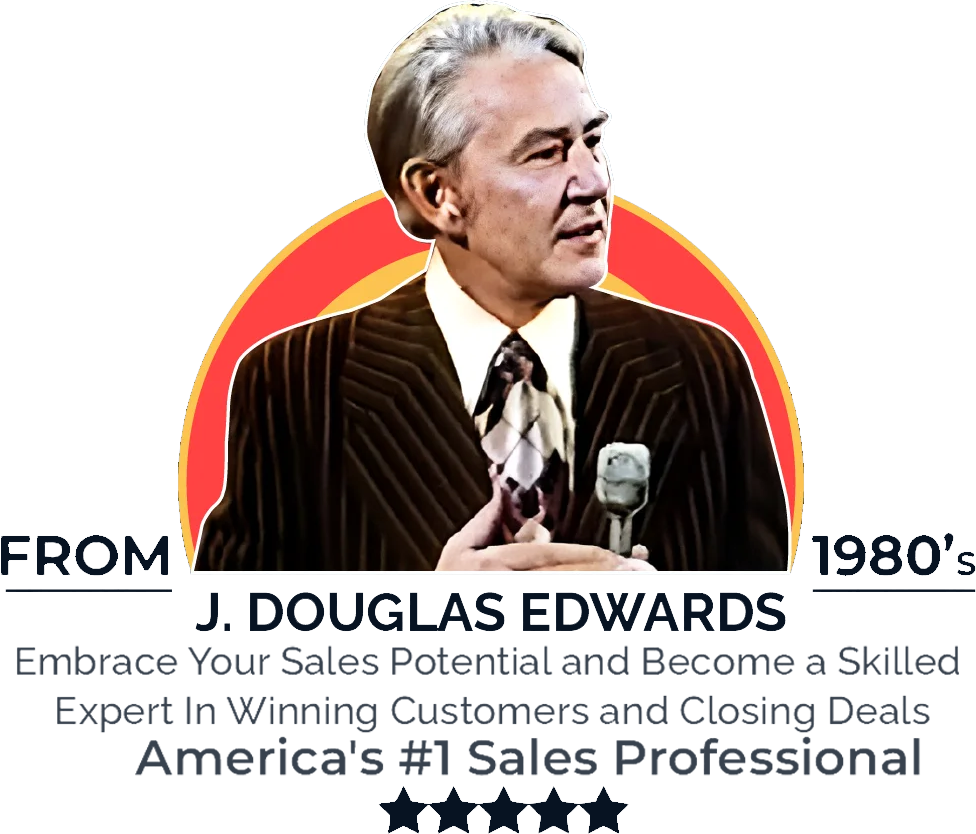From The Masters of Success Video Training Series No 1
featuring J Douglas Edwards
In any debate or discussion, objections are inevitable. They serve as a critical
component in the process of refining ideas and reaching a consensus. But what
exactly is the object of objections? Why do we object, and what purpose do
these objections serve?
At its core, an objection is a statement or argument that challenges the validity
or accuracy of another statement or argument.
The object of objections is to identify and address potential flaws,
inconsistencies, or gaps in reasoning. This process is essential for ensuring that
the conclusion is well-founded and robust.
Objections can arise from various sources, including logical inconsistencies,
factual inaccuracies, ethical concerns, or differing perspectives. Each type of
objection plays a unique role in the discourse, contributing to a more
comprehensive understanding of the issue at hand.
Logical objections focus on the structure and coherence of the argument. They
aim to identify any logical fallacies or contradictions that may undermine the
argument’s validity. For example, if an argument relies on a false premise, a
logical objection would point out this flaw and challenge the conclusion drawn
from it.Factual objections, on the other hand, address the accuracy of the information
presented. These objections are crucial for ensuring that the argument is based
on reliable and verifiable data. If an argument cites incorrect statistics or
misinterprets evidence, a factual objection will highlight these errors and call
for a reassessment of the argument.
Objections like:
No hurry
Ethical objections consider the moral implications of the argument. They
question whether the argument aligns with ethical principles and values. For
instance, if an argument advocates for a course of action that could harm
individuals or communities, an ethical objection would raise concerns about
the potential consequences and suggest alternative approaches.
Differing perspectives also contribute to the object of objections. These
objections arise from the diverse viewpoints and experiences of individuals and
considerations, ultimately leading to a more nuanced and inclusive
understanding of the issue.
In conclusion, the object of objections is to challenge and refine arguments,
ensuring that they are logical, accurate, ethical, and inclusive.
By embracing objections as an integral part of the discourse, we can foster a
more rigorous and thoughtful approach to problem-solving and decision
making.
From David Jackson the Sales Doctor … Many years ago, having internalised a
lot of the teachings and visions of J Douglas Edwards, I made a pledge to
myself.
No money
No need
No time
No trust
That I will always see objections as good, not bad. They are to be treated as a
signpost to the sale. Search for objections. Become a Master in handling
objections.
Trust you enjoyed this brief article on the object of objections.Please
check out www.thesalesdoctor.com.au for information on our Sales
bjections Encyclopaedia … Over 450 responses and rebuttals for the
most common objections.




